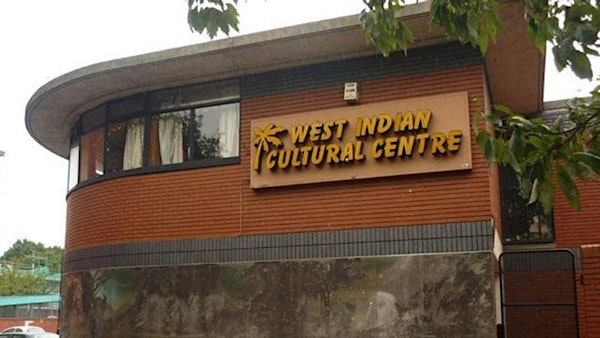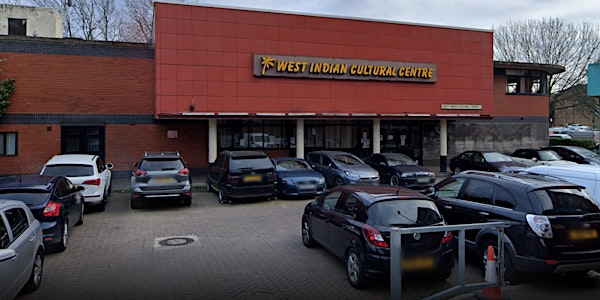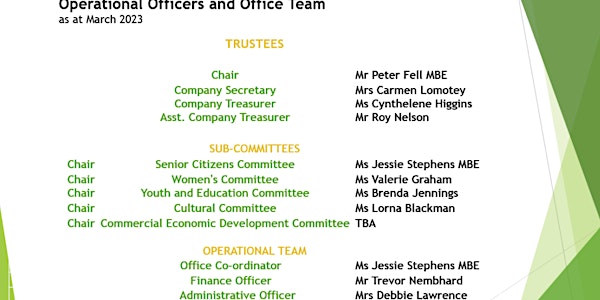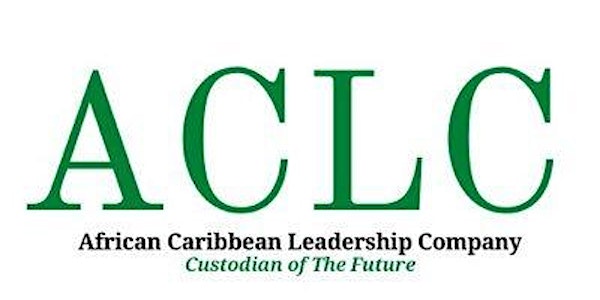






BLACK TAKEOVER - African Caribbean Cultural Centre Hornsey Haringey
New Black and Mixed-Black Management for Reparatory Justice - African Caribbean Cultural Centre-Hornsey Haringey Tottenham Public Meetings
Location
Reparation Corner, 41 - 47 West Green Rd, Tottenham, Haringey. N15
41 West Green Road London N15 5BY United KingdomAbout this event
Transforming the African Caribbean Cultural Centre: A Vision for Reparatory Justice
Introduction
In the heart of Hornsey, North London, stands the iconic African Caribbean Cultural Centre, a beacon of community heritage and unity. However, amidst the vibrant history and cultural significance of this institution, winds of change are blowing, heralding a new era of purpose and direction. The proposed takeover of the centre by Reparation Nation Limited in collaboration with the African Diaspora Equity and Justice Alliance (ADEJA) signals a transformative journey towards the pursuit of reparatory justice for Black and Mixed-Black individuals. In this article, we delve into the intricate details of this planned evolution, exploring the essence of ADEJA, the significance of the African Caribbean Cultural Centre, and the rationale behind this bold endeavor.
ADEJA: Empowering Black Communities through Reparatory Justice
At the forefront of this movement stands the African Diaspora Equity and Justice Alliance (ADEJA), a visionary initiative dedicated to advancing the well-being, unity, and pursuit of historical reparatory justice for Black Africans and the Black diaspora. Rooted in evidence-based claims and a commitment to unity, ADEJA represents a beacon of hope for communities seeking redress for past injustices.
Central to ADEJA's mission is its recognition of racial and ethnic identity, as outlined in its comprehensive plan. The initiative acknowledges the complexities of identity classification, drawing from the UK Government's race and ethnicity standards, including the IC codes. By aligning with governmental frameworks, ADEJA seeks to bridge the gap between historical injustices and present-day accountability.
The African Caribbean Cultural Centre: A Hub of Community Heritage
For over three decades, the African Caribbean Cultural Centre has served as a sanctuary for the Haringey community, embodying the spirit of resilience and cultural pride. Established by pioneering leaders of the Windrush Generation, the centre stands as a testament to their vision for a space where cultural heritage, education, and social welfare converge.
From educational programs to cultural events, the centre has been a cornerstone of community engagement, providing vital services to generations of African Caribbean individuals. Its significance extends beyond physical infrastructure, encompassing the intangible legacy of cultural preservation and empowerment.
Redefining Purpose: Reparatory Justice at the African Caribbean Cultural Centre
As Reparation Nation Limited and ADEJA set their sights on the African Caribbean Cultural Centre, the potential for transformative change looms large. The centre's rich history and community-oriented ethos make it an ideal platform for the pursuit of reparatory justice.
By redirecting the focus of the centre towards reparations, the initiative seeks to honor the legacy of the Windrush Generation while addressing historical injustices faced by Black and Mixed-Black communities. The centre's strategic location and existing infrastructure provide a solid foundation for facilitating dialogue, education, and action towards reparatory justice.
The Role of ACLC: Nurturing Community Leadership
Central to this transformative endeavor is the African Caribbean Leadership Company (ACLC), a stalwart organization committed to serving the needs of the African Caribbean community in Haringey. With its deep-rooted connections and extensive experience, ACLC plays a pivotal role in facilitating the transition of the cultural centre towards reparatory justice.
Through collaborative efforts with Reparation Nation Limited and ADEJA, ACLC can leverage its resources and community networks to ensure a seamless transition and sustained impact. By aligning its objectives with the vision of reparatory justice, ACLC reaffirms its commitment to community empowerment and social justice.
Embracing Clarity: Charting a Path Forward
As discussions unfold and plans take shape, clarity in racial and ethnic identity emerges as a crucial cornerstone of progress. Individuals and stakeholders engaging in this transformative process are encouraged to delve deeply into the complexities of racial classification, drawing insights from ADEJA's framework and engaging in constructive dialogue.
Moreover, the redirection of the African Caribbean Cultural Centre underscores the need for a nuanced understanding of historical injustices and their contemporary implications. By embracing transparency and accountability, stakeholders can navigate challenges, foster unity, and pave the way for meaningful change.
Conclusion
The proposed takeover of the African Caribbean Cultural Centre by Reparation Nation Limited and ADEJA represents a pivotal moment in the pursuit of reparatory justice. Through collaboration, community engagement, and a commitment to clarity, this initiative holds the potential to reshape narratives, empower communities, and foster healing.
As the journey unfolds, stakeholders are invited to engage actively, challenge perspectives, and contribute to the collective vision of justice and empowerment. Together, we can honor the legacies of the past, shape the realities of the present, and forge a future rooted in equity, unity, and resilience.